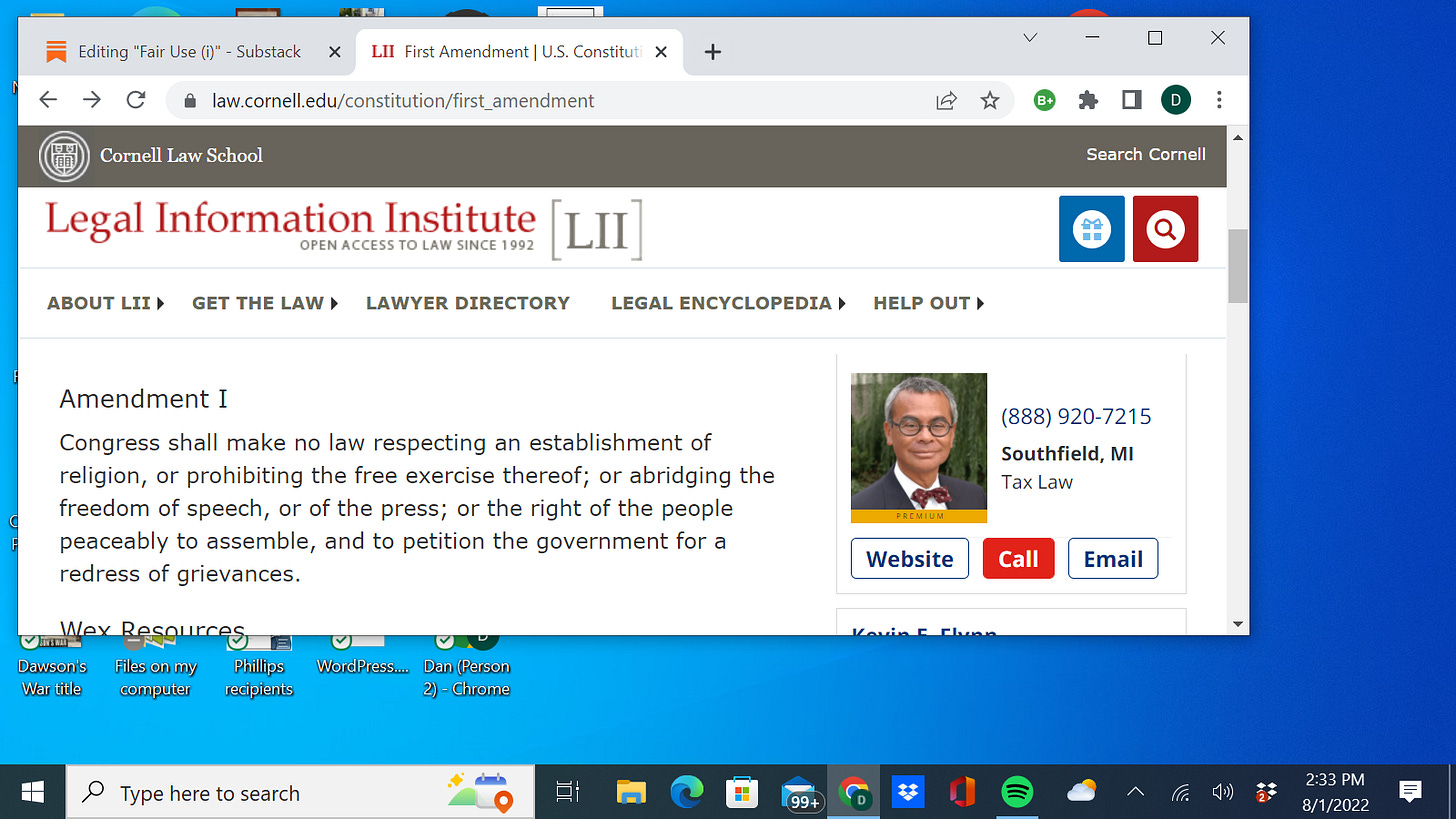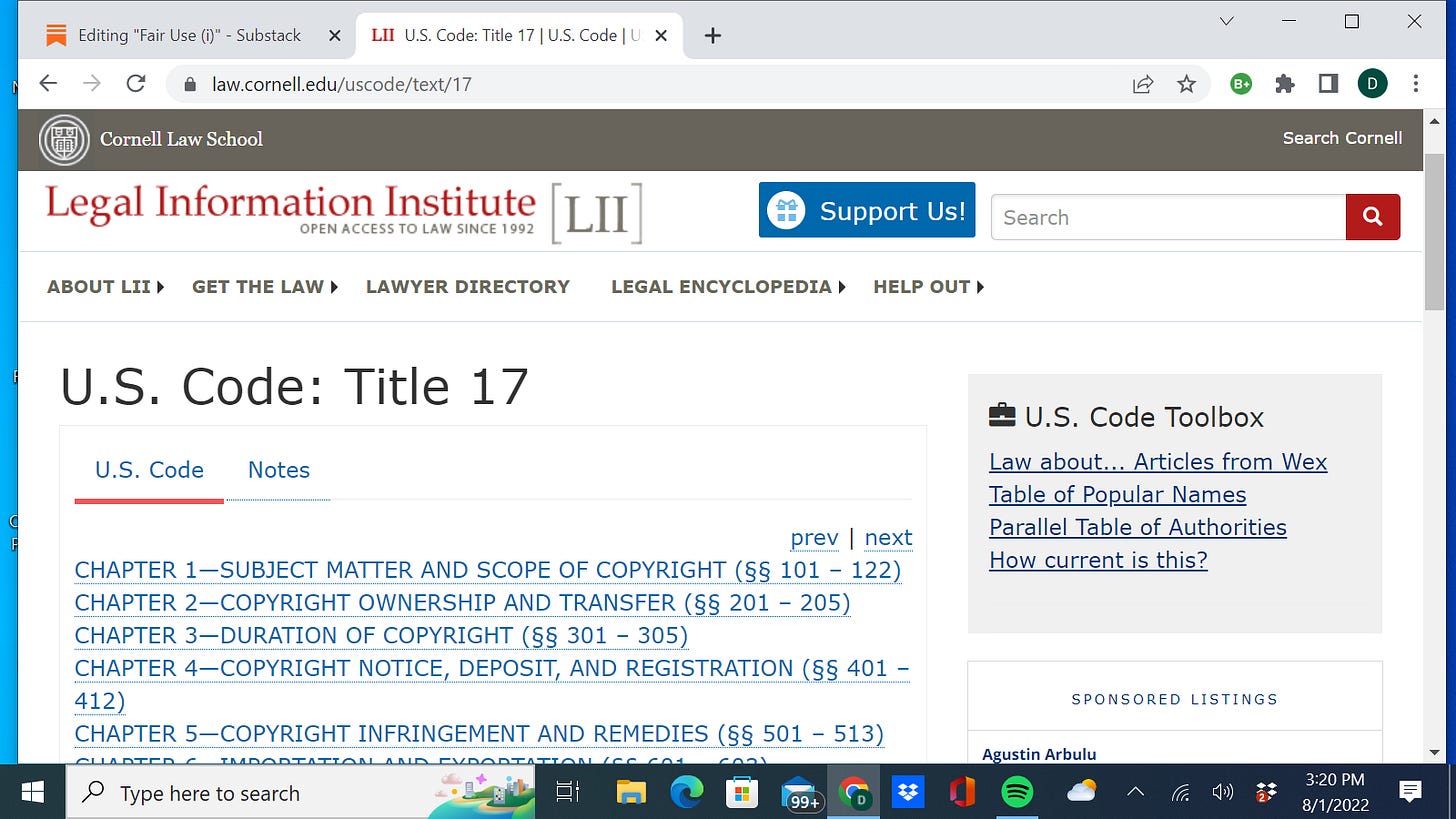Books & Authors: Viet Nam, Inc. does business as Viet Nam Literature Project. VNLP has published all these Viet Nam letters so far from our office in Durham, North Carolina, in the United States of America (USA).
We publish under the protections of the first amendment to the federal constitution of the USA.
The Internal Revenue Service (IRS) of the USA and the Secretary of State of North Carolina have recognized VNLP since 1997 as an educational and literary organization under section 501(c)(3) of Title 26 of the United States Code (USC), known as the Internal Revenue Code of 1986 (IRC).
Americans commonly refer in English to any 501(c)(3) as a non-profit. I was working in Ha Noi when a translator introduced the non-governmental organizations (NGO) and non-profits of the USA as “anarchists who lose money,” in Vietnamese language.
Any organization must of course run in the black, whether an accountant would call that a profit or not. A non-profit is more strictly a non-equity corporation, one that cannot be sold, for instance at a valuation based on its profits. Many non-profits nonetheless take in and pay out much more money than most businesses.
VNLP has rather filed annually with the IRS as a non-profit operating with receipts fewer than US $50 thousand averaged over the tax year and 2 preceding years, each year since the IRS began requiring the report 990N. $50 thousand remains more than double the gross receipts of any 1 year average from 3 consecutive so far.
VNLP has published quotations and pictures of others’ work in nearly every Viet Nam letter. USC Title 17 protects ownership of any of these works published in 1926 or afterwards, that is, all of them.
We have represented the property of others without specific permission. We have taken these liberties under the exception that paragraph 107 of USC Title 17 spells out as fair use for purposes such as criticism, comment, news reporting, scholarship, and research.
The author of these Viet Nam letters, Daniel Edward Duffy, writing as Dan Duffy, started work after college researching for the literary critic Harold Bloom. He then expanded the newsletter of the critic Kali Tal’s press Viet Nam Generation, Inc. with comment and reporting on books and authors.
He took on the journal Viet Nam Forum and the Lac Viet monograph series at the Council on Southeast Asia Studies of Yale University at the request of scholar Huynh Sanh Thong. He reported on the publications of the World Publishing House in Ha Noi as a guest of the retired director, the scholar Huu Ngoc.
He earned a doctorate at the University of North Carolina at Chapel Hill with a thesis on the Vietnamese and Orientalist bookstores and libraries of Paris, France. Throughout, he reported on publications to the listserv of the Vietnamese Studies Group of the Association for Asian Studies.
Under his initiative Viet Nam Literature Project has published one work of criticism, comment, news reporting, scholarship, and research after another. Duffy has used the work of others fairly under the protections of paragraph 107 throughout his career since the 1980s.
That is how I see it. However, paragraph 107 draws no bright lines between fair and unfair use. It maps no safe harbor for criticism, comment, news reporting, scholarship, and research to reproduce work under copyright without permission.
University presses in the USA routinely demand, for example, that an author secure permissions from copyright owners for quotation of even one line of poetry. I have never done any such thing.
I began this announcement with the constitution of the USA because I see criticism without prior review as essential to our topic and all I do with it. My nation absent-mindedly assassinated president Ngo Dinh Diem of the Republic of Viet Nam,
then occupied his country while fighting secretly in 3 others before abandoning our allies to the Vietnamese Communist Party, who brook no dissent, because nobody would say without permission what they saw and thought.
That really is what I think. I have therefore worked since 1976 to present what I really think about what others really thought under the protections detailed just above:
1. Yeah we are a nonprofit working for educational purposes. 2. We seldom have represented property that has earned a profit recently. 3. We have represented only a fraction of the property such as the owner already has given away to advertise the work. 4. Our representation increases the value of the property.
My view is of course mere advocacy and pettifoggery. Any author or publisher might disagree in any instance. I publish this notice to alert you that we have not abused your rights in error. We defend our representation of your property.
We have represented your property on purpose under the letter of the law as we have read it in the purpose and spirit of not only this but the foundation of all laws of the USA. I really do talk like that.
I will not go on to say, okay, we don’t have to represent anything about any of your books or your authors at all ever again. That would be to use a shield as weapon. I won’t say you can’t win a judgement from us.
We haven’t one slim dime for you but vagrancy is not our shelter. I will instead keep drawing attention to your property as the law provides. Go on, pick a fight for no prize, against a champion who has trained in illness and poverty to represent you.
The colophon of these Viet Nam letters, directly above, shows the janitor speaking with poet David A. Willson on a Veterans Day.












I read this with interest.
Clever, occasionally funny, and richly informative. Daniel I am loving your Letters more and more. V